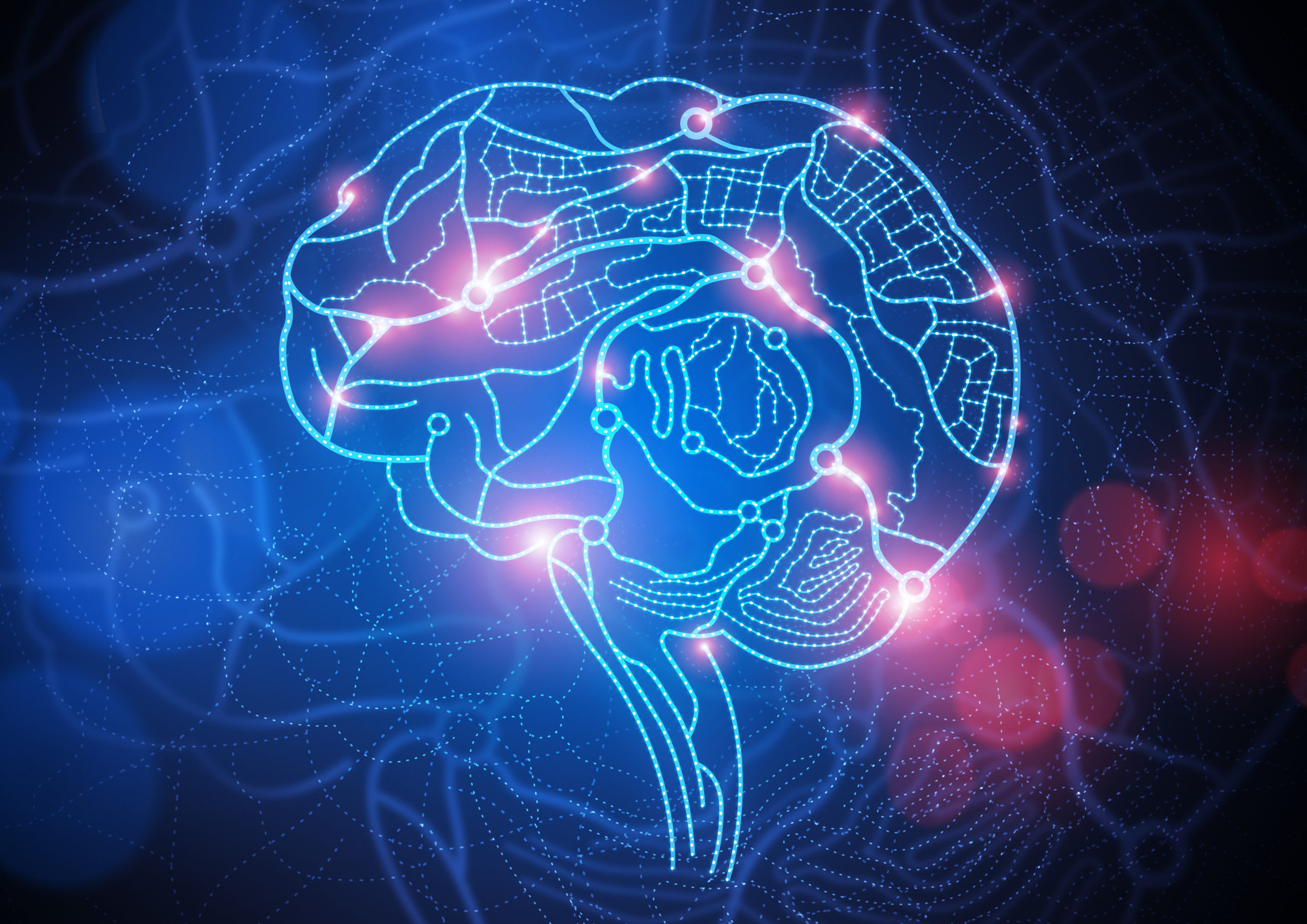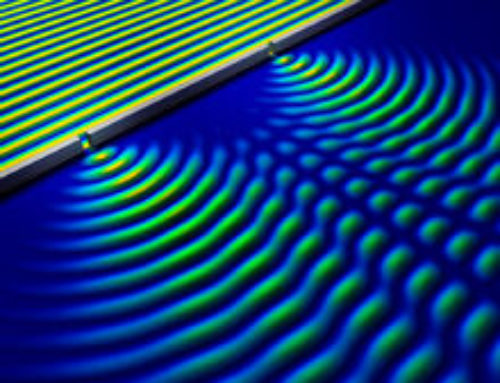Quanta Magazine recently published this article describing a new, groundbreaking theory which seeks to explain how fragile quantum states may be able to exist for hours (even days) within the human brain.
Jennifer Ouellette writes about Matthew Fisher, a physicist from the University of California, Santa Barbara, who published this controversial paper in 2015 proposing that the nuclear spins of phosphorus atoms could serve as rudimentary ‘qubits’ in the brain, suggesting that the brain could function like a quantum computer.
The hypothesis is controversial and puzzling, given the difficulty of building an operating quantum computer, which includes entangling qubits in a fragile state. The bigger challenge is providing the same controlled environment in a ‘warm, wet brain’, where maintaining coherence for long periods of time is near impossible.
However, there is growing evidence to suggest that biological systems can in fact possess quantum mechanical functions. Fisher’s research broadly follows this emerging field of quantum biology, which includes new research that shows migratory birds have a quantum compass enabling them to navigate pathways using the Earth’s magnetic fields.
What do you think? Can quantum mechanical functions occur in the brain?







In this respect it’s worthwhile to look into the role+possibility of Bose-Einstein condensates in human biology. Biophoton pioneer F.A. Popp has written about that.